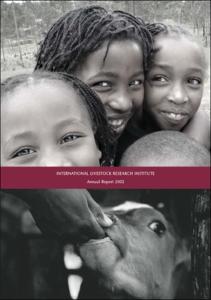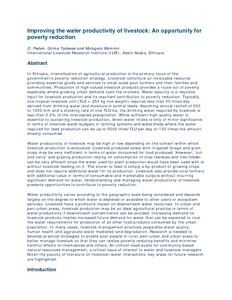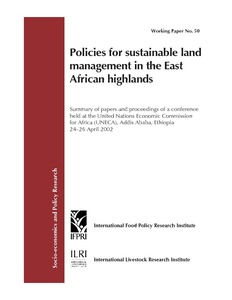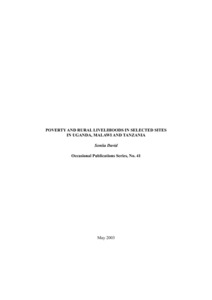Mettre fin a la famine en Afrique
Contrairement aux prévisions communément admises quant à l’aggravation du déclin économique de l’Afrique, une récente étude présente une vision alternative plus positive de l’avenir de ce continent. De nouveaux engagements politiques, une gestion du programme de développement sous égide africaine ainsi que l’accroissement de l’intérêt et des investissements dans les petites exploitations agricoles ont le potentiel d’arrêter, voire d’inverser la tendance spiroïdale de la famine, de la pauvreté, de la dégradation environnementale, des maladies et des guerres civiles.








